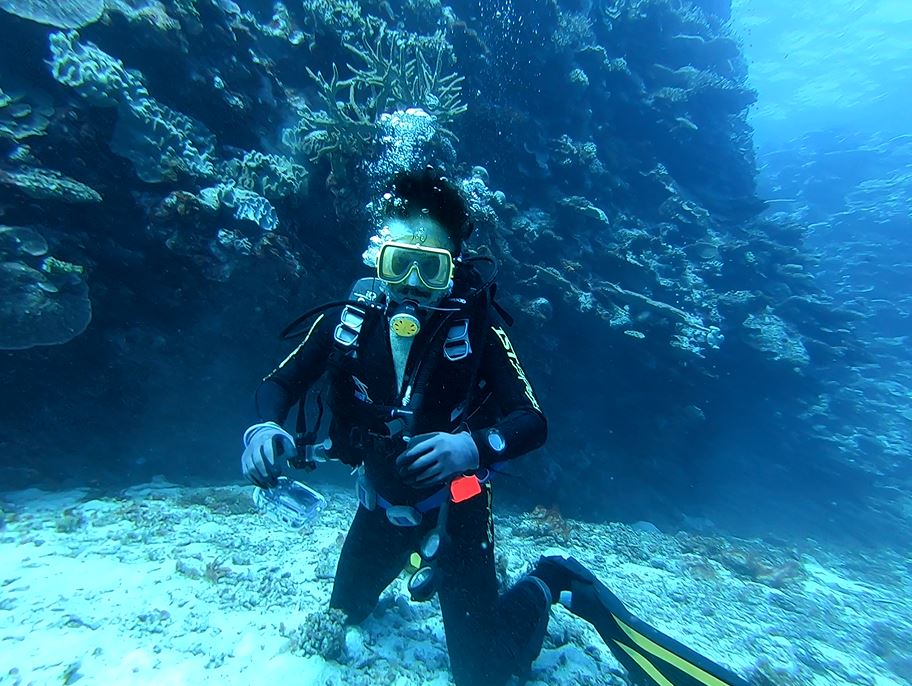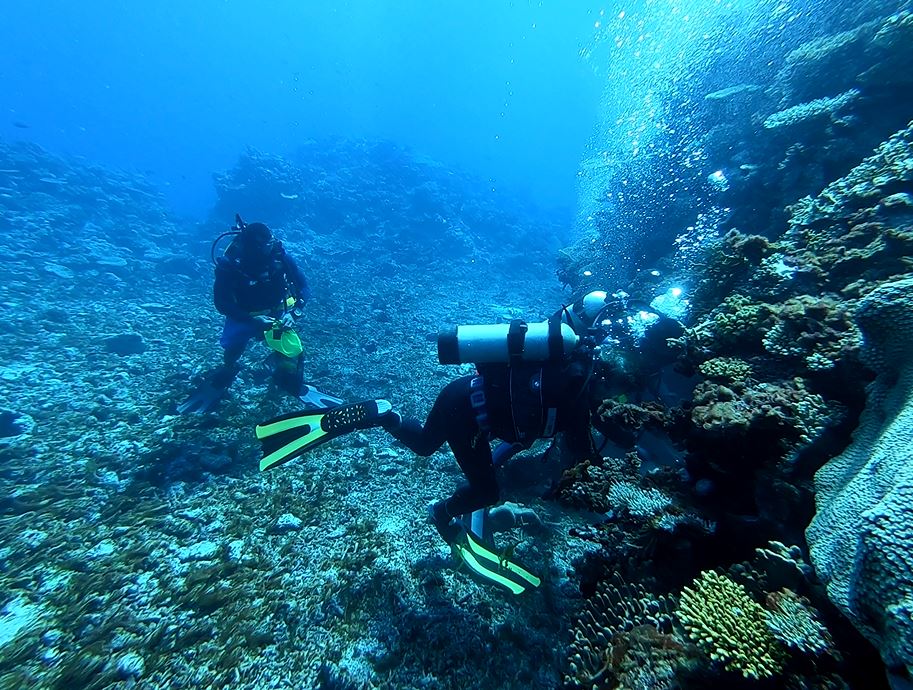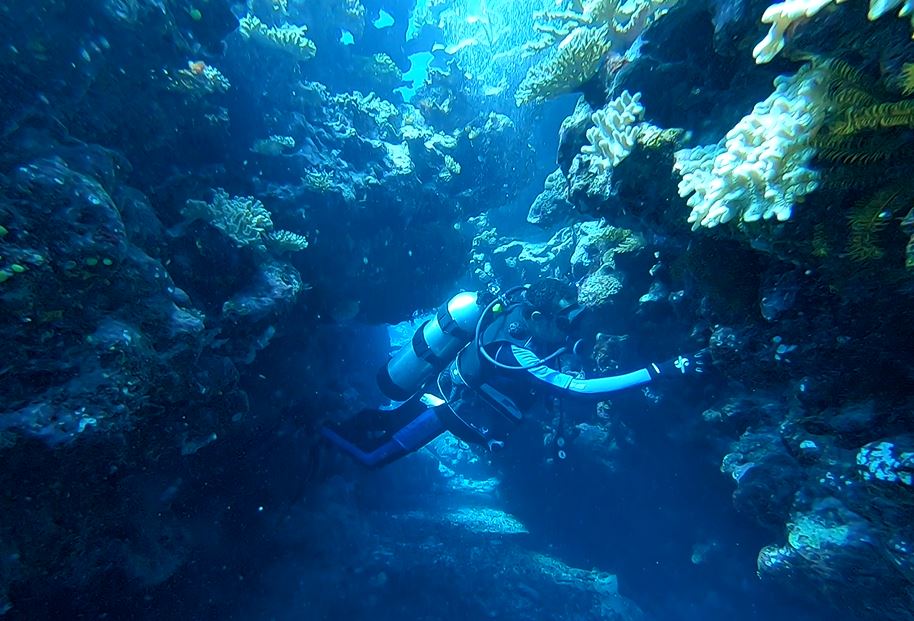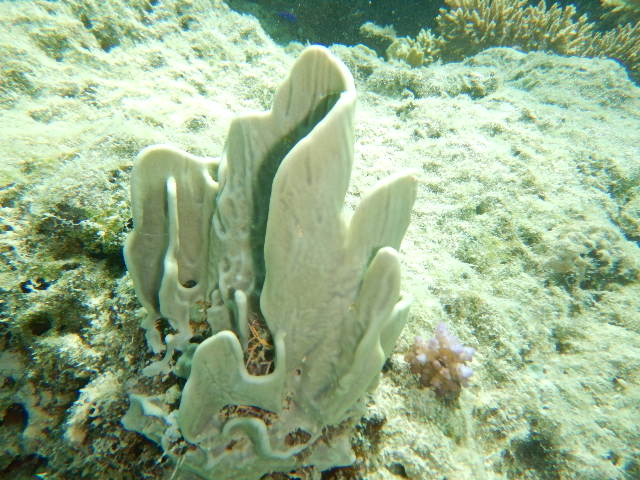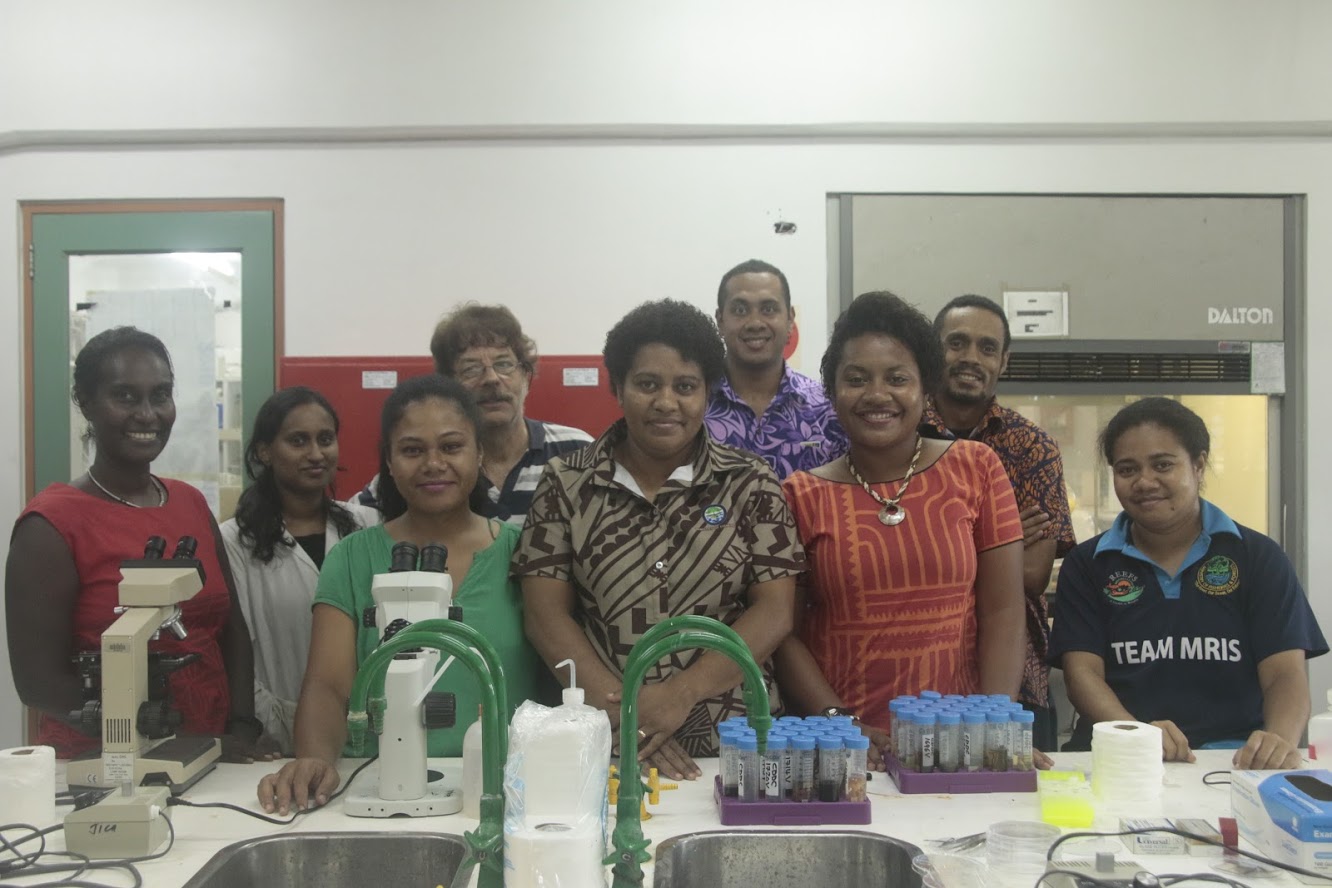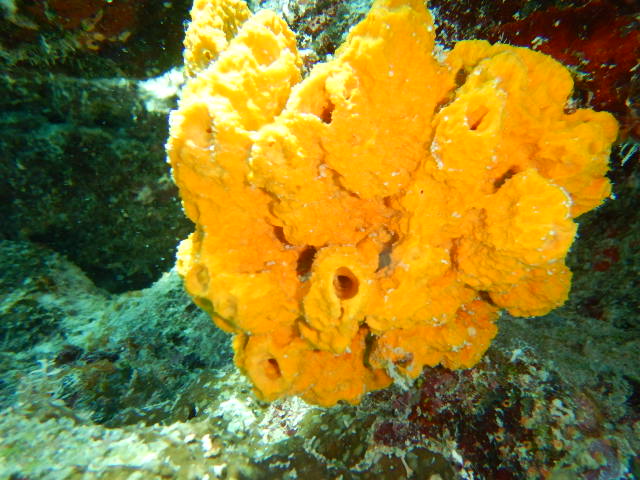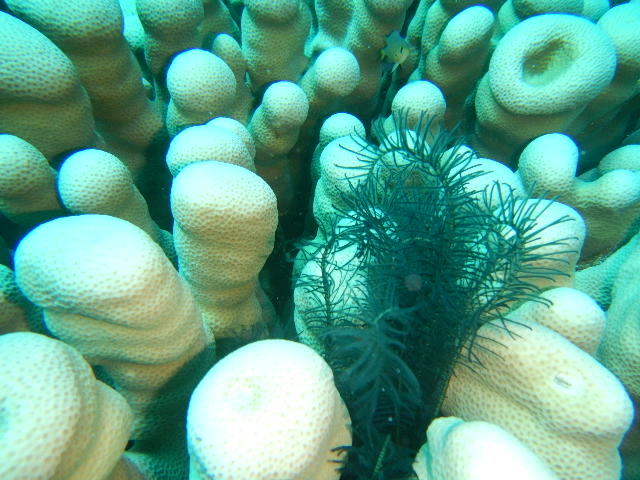 |
Bioprospecting Samples Database
The Institute of Applied Sciences Bioprospecting Samples Database (BSD) is a result of 17 years of research primarily based in Fiji. The first ever database of its kind to be compiled in the South Pacific, the database houses biodiversity and screening information related to marine samples collected in Fiji by numerous research groups all of whom have partnered with the IAS's Pacific Natural Products Research Centre (PNPRC) Unit since 2001.
Specific information found here include preliminary taxonomic details, locations where samples were collected from, scientific results and information such as DNA and voucher collections. Current information stored in this database were from samples collected as part of the Fiji-ABS project funded by the Global Environment Facility (GEF) through the Government of Fiji.
The team at PNPRC continue to update the database in the hope of capturing information whilst simultaneously enhancing the flow of information among communities and the relevant stakeholders in the government and the scientific community. Priority now will be to include data from the unit’s collection efforts under its International Cooperative Bio-diversity Groups (ICBG) project.
Note: Some data have been restricted from public view due to its sensitivity, please click here for more information and/or to request access to restricted data.
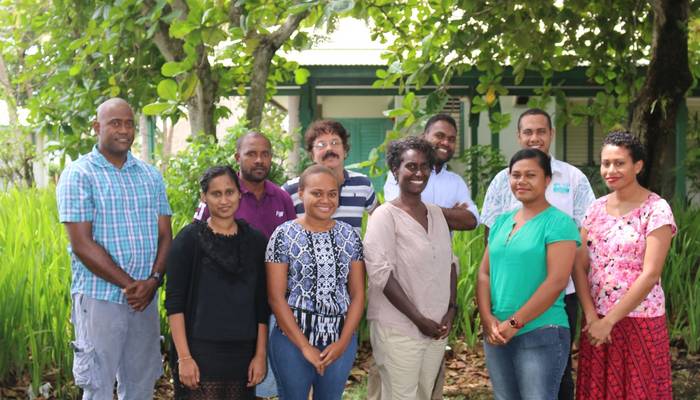
Learn more about PNPRC and IAS on our parent website
What information can you get from the Bioprospecting Samples Database?
The database includes key information such as:
Biodiversity information; preliminary taxonomic identification (family, genus and species, if known) of marine samples collected in Fiji
Images of the collected specimens
Collection sites, sampling depths and weight of material if known
Scientific results are also provided if available only accessible on request. Other information such as DNA and voucher specifics can also be found in the database.
This Portal shows only those species that have been released online by the owners of the data, or through mutual agreement of consortia of collaborators where multiple data sources are used. These may be published as formal taxa or OTU's depending on individuals or consortia purposes (e.g. unnamed species underpinning a chemical or molecular profile/ dataset). The database hopes to incorporate public access protocols for non-sensitive material that may be availed through a Clearing House Mechanism agreed to by the interested parties.
Download our brochure for more information.
